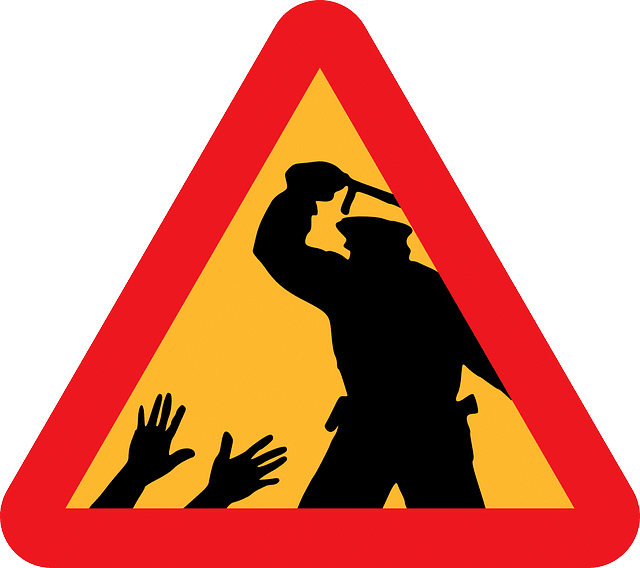
Nowadays, the idea of despotism is usually linked to the abuse of power.
The concept of despotism refers to the abuse of power or force that an individual or group exercises against others in inferior conditions. The concept is used to refer to absolute authority, which is not limited by laws .
Although it is generally understood that this is a notion with a negative connotation, this is not necessarily the case. In fact, at a historical level, despotism emerged and had a positive meaning for many years.
Positive meaning of despotism
Here we present two examples:
*In the 17th century, the political notion of enlightened despotism emerged, with absolute monarchies that decided to include the philosophical precepts of the enlightenment . These monarchs attempted to enrich the culture of their people through paternalistic practices, which is why they are known as benevolent despots.
*During the 18th century, this type of government was maintained and the phrase that said "everything for the people, but without the people" became popular. At this time, the reigns of Charles III and Joseph I were very famous.
In the era of despotism, as a form of monarchical government, other concepts that emerged from this became known: despot or despots (a Byzantine title that was granted in various empires and that gave character and importance to a person; it was similar to the title of "Lord" ), despotate (title born from the previous one and that arose from the Fourth Crusade to link certain lords with a certain land; "despotate of Serbia" , For example).

The excessive use of force by an authority is a sign of despotism.
The dictatorships
Nowadays the term is used more in a negative sense; referring to certain types of governments that remain in power by instilling fear in citizens. Those who enjoy absolute power because there are no opponents or because those who try to rebel are suppressed by force. We are talking about non-democratic government organizations such as dictatorships , which are characterized by acting with extreme tyranny .
Some examples where this meaning of the term appears are: "The government has to put aside despotism or it will have to confront the people in the streets" , "The Asian leader once again displayed his despotism by signing a decree that prohibits the exhibition of western films » , «The writer dedicated much of his youth to the fight against despotism» .
Despotism in colloquial language
In colloquial speech the adjective despot is used to characterize someone who has a certain power and who uses it without regard to the rights and needs of those around him. In that sense, a despot can be someone who wants something with great ambition and who has no problem stepping on anyone who is necessary in order to get it; and takes advantage of their social or economic condition to do so.
For example: a person has a lot of money and wants to acquire some land to build a large mansion. The problem is that these lands have been donated by an organization so that the State can build a school for disadvantaged children. The despot manages to deceive the State (buying it with his money), seizes the land and builds his house. He acts with despotism because he abuses his economic power to achieve something, even if he must harm others (children, in this case) who cannot do anything to change the situation.
Currently everything linked to despotism has a negative charge. That is why it is usually an accusation made by sectors opposed to governments that abuse their stay in power and enact measures in favor of their interests.
